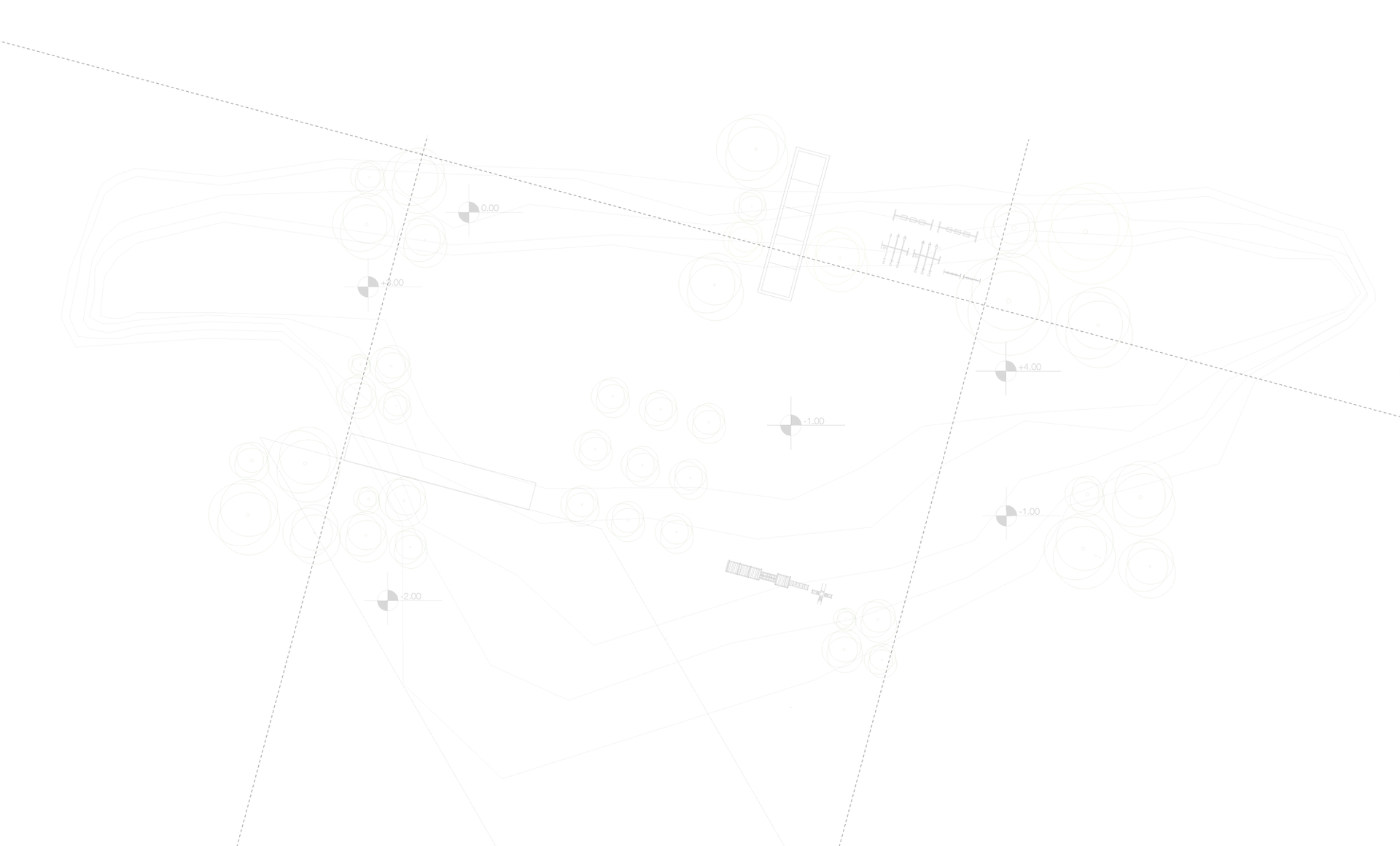Organic Lawn Care Fertilizers
- ssbuser7
- Feb 18, 2016
- 3 min read
Why we use natural and organic lawn care fertilizers
It's safe, effective & more affordable than you think. Organic lawn care creates a lush green lawn without using the toxic chemical fertilizers we have so commonly turned to. Organic treated lawns are more thick and lush because the lawn is truly healthy; not just living off regularly applied synthetic chemicals.
The problem with synthetic chemical fertilizers. Synthetic lawn fertilizers (i.e. herbicides, pesticides, and chemical fertilizers) can pollute our water, harm wildlife and have adverse health effects on people and pets. Scientific studies have found numerous negative health consequences associated with the synthetic chemicals found in traditional lawn care fertilizers. A report by the National Academy of Sciences shows that the health of 1 in 7 people is negatively impacted in some form by lawn pesticides. Numerous studies also link lawn chemicals to cancers and other long-term illnesses in both people and pets. Children are especially at risk for negative health consequences due to their size, physiological development and proximity to the ground according to studies from Yale University and Mt. Sinai Medical Center. Synthetic lawn pesticides and fertilizers destroy the naturally present beneficial organisms in the soil of a healthy lawn's ecosystem, making it biologically sterile. This destruction increases the demands of your lawn requiring more and more chemicals to sustain it. A green lawn does not necessarily mean a healthy lawn! By using toxic chemicals, traditional lawn care companies are drugging your lawn to get performance and it becomes addicted to the high doses of nitrogen. In addition, up to 60% of synthetic nitrogen applied to lawns does not get used and ends up contaminating ground water.
Remember, you will never see a "warning flag" on an organic treated lawn that reads "keep off". That alone should tell you something.
Organic Fertilizers - Non-toxic to children and pets - Lawn requires less water - Grows deeper root system - Controls lawn thatch - Increases resistance to drought, insects, weeds, and diseases - Greatly improves long term turf and soil health - Improves oxygen and nutrient intake - Comparable cost as to traditional chemical fertilizers
Synthetic Chemical Fertilizers - Creates weak chemically dependent lawns - Synthetically fertilized lawns require more water - Make the lawn very susceptible to drought, insects, and diseases - Have been strongly linked to many health risks especially in children and pets - Destroy beneficial organisms in the soil making it biologically sterile - Creates excessive thatch in the lawn - May contaminate ground and drinking water
How organic fertilizers work
Stage 1
Build Healthy Soil Organic fertilizers feed organic matter to beneficial living microorganisms in your soil. This creates the biological activity which is crucial for a healthy fertile soil. Synthetic chemicals deplete the biological activity in the soil making it sterile and create lawns that are dependent on chemicals and addicted to the high doses of nitrogen.
Stage 2
Build Deep Root System Once we have a healthy fertile soil, your lawn will develop a deeper, more integrated root system, which will make lawns more resistant to pests, weeds, and disease. Healthy soils are more porous which make it easier for oxygen, nutrients, and water to reach the root system, rather than allowing the water to run off. This will reduce the amount of water needed to keep your lawn green.
Stage 3
Build Natural Weed Control Organic fertilization does not try to kill things; it manipulates the soil and lawn so that "weeds" have a difficult time establishing themselves. Weeds are actually seen as a symptom of something else that is going on in the soil. When a nutrient deficiency does exist in the soil, some weeds will have a competitive advantage over the lawn. Organic fertilization programs provide conditions for your lawn that gives it the competitive advantage, over the "weeds". Using pesticides to tackle weeds and pests can actually damage your lawn. They kill the good organisms that help produce the nutrients plants need to grow, weakening the grass, fostering thatch, and encouraging diseases.
Did you know that dandelions prefer compacted, low calcium soil? Dandelions and other weeds will not grow well in a balanced soil.
Interesting facts
"A study published in the Journal of the National Cancer Institute finds home and garden pesticide use can increase the risk of childhood leukemia by almost seven times."
"Studies find that dogs exposed to herbicide-treated lawns and gardens can double their chance of developing canine lymphoma and may increase the risk of bladder cancer in certain breeds by four to seven times."
"Of 30 commonly used lawn pesticides, 19 have studies pointing toward carcinogens, 13 are linked with birth defects, 21 with reproductive effects, 15 with neurotoxicity, 26 with liver or kidney damage, 27 are sensitizers and/or irritants, and 11 have the potential to disrupt the endocrine (hormonal) system."















